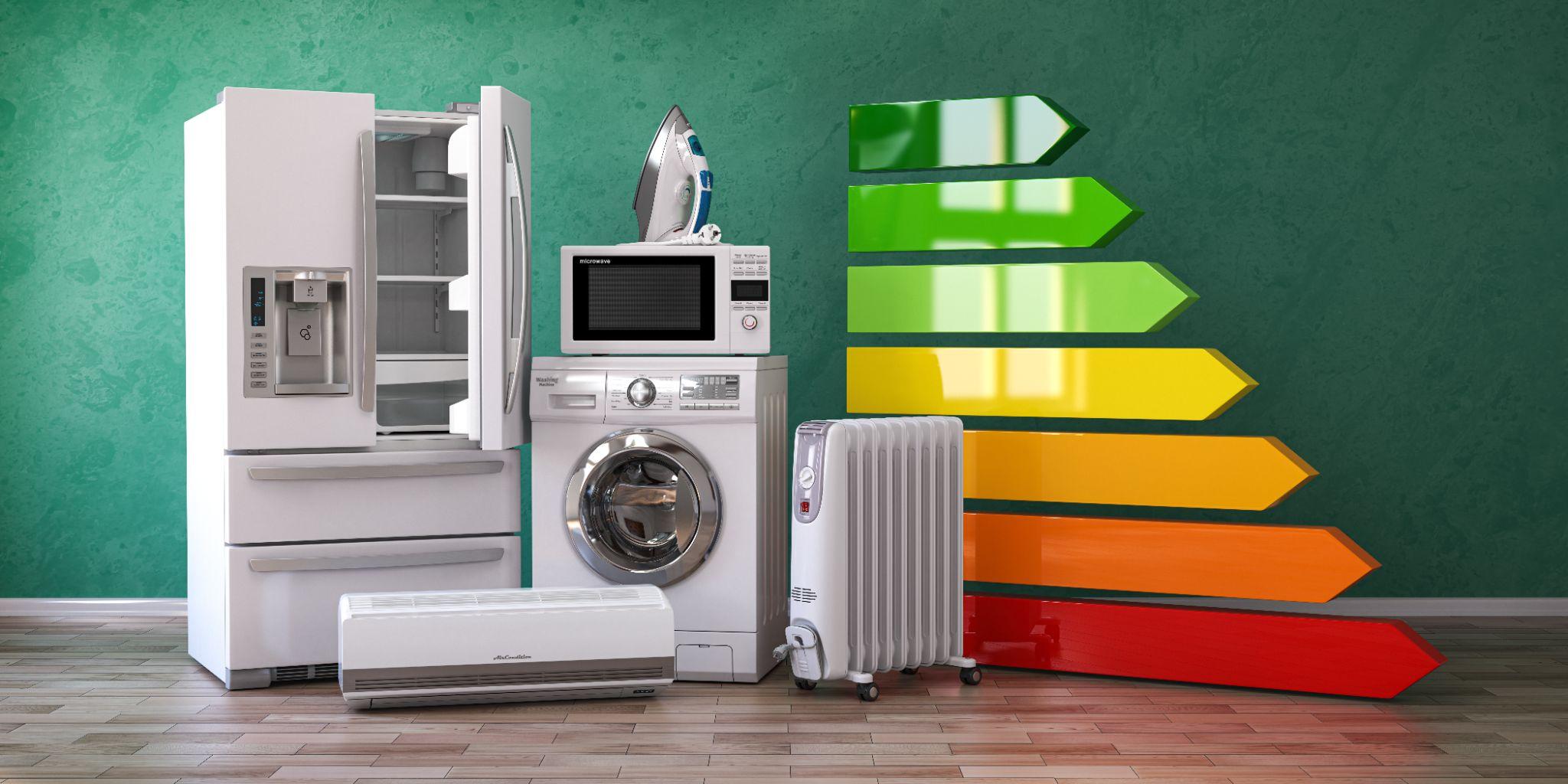Home appliances, both large and small, have become integral parts of our daily routines. They provide comfort, convenience, entertainment and in many cases, are almost impossible to live without. However, it is easy to overlook the amount of electrical energy our beloved appliances consume, directly impacting our utility bills. Understanding appliance energy consumption is crucial, not only for the potential savings on energy bills, but also for the consequential environmental preservation. This comprehensive guide aims to provide essential information about appliances energy usage, ways to identify high energy-consuming appliances, practical tips for optimum usage, and the value of investing in energy-efficient appliances.
Understanding Your Appliance Energy Consumption
Energy consumption by appliances, in essence, refers to the quantity of power an appliance needs for its standard operation. This consumption typically varies depending on several factors like the appliance model, age, efficiency, usage duration, and even the time of use. For example, an ageing air conditioner model may consume more energy than a newer, more energy-efficient model. The frequency of usage undeniably plays a significant role in the power an appliance consumes.
Calculating the energy consumption of your appliances can often prove insightful. By multiplying the power rating of an appliance (in kilowatts) by the estimated hours of usage, you can get a fair understanding of the energy it consumes in a day. Multiply this by thirty, and you have a rough estimate of its monthly energy usage. The consumption figures can then be related back to your monthly utility bill, providing a clearer picture of where you could possibly cut back.
Identifying High Energy Consuming Appliances
Remarkably, not all appliances are created equal, with some being notorious for their high energy consumption. Air conditioning units, heating systems, refrigerators, and laundry appliances often top the list. Recognition of energy-efficient appliances has become more straightforward thanks to energy ratings and Energy Star labels. These labels provide a measure of an appliance’s energy efficiency in comparison to other models, with higher ratings indicating better efficiency.
The environmental implications of high energy-consuming appliances are remarkably significant. Directly linked to carbon and greenhouse gas emissions, these appliances aggravate environmental pollution and contribute to global warming. The financial implications of using high energy-consuming appliances are noticed in higher monthly energy bills, this calls for a shift towards more energy-efficient appliances.
Tips on Using Appliances More Efficiently
Intelligently using appliances can drastically curtail your energy consumption. Simple modifications like adjusting your air conditioner thermostat to a slightly higher temperature during summer, and lower in the winter can result in significant savings. Regular defrosting of refrigerators ensures optimal performance with less energy, and shifting to more energy-efficient cooking techniques such as pressure or slow cooking can help.
Appliance maintenance, one crucial aspect often overlooked, plays a vital role in energy efficiency. Regular servicing ensures that the appliances operate efficiently without overusing energy in overcoming nefarious issues like blocked filters in air conditioners or heating systems.
Investing in Energy-Efficient Appliances
Energy-efficient appliances, particularly those with Energy Star ratings, may seem expensive at first glance, but the long term savings outweigh this initial cost. These appliances operate optimally while consuming less energy, making them a viable investment in the long run and a great way to achieve a decrease in power costs. Take, for instance, an Energy Star rated refrigerator. It uses 15 percent less energy than non-certified models, which, in turn, reflects on energy bills over time.
Choosing the right energy-efficient appliance is essential. Researching, comparing energy ratings and understanding your usage requirements in relation to the size and capacity of the appliance can aid in making a wise purchase decision.
Best Practices for Minimizing Appliance Energy Consumption
Building an energy-efficient routine at home is the first significant step towards minimizing appliance energy consumption. Use of smart appliances and smart home systems can intuitively contribute towards efficient energy use.
Practices like unplugging devices when not in use, using dishwashers or washing machines with full loads and at off-peak electricity periods, can lead to energy and cost savings. Lighting systems, despite seeming inconsequential, can influence energy consumption considerably. Using LED lighting options, making optimal use of natural light and timely switching off lights can result in surprisingly reduced energy usage.
Conclusion
Understanding appliance energy consumption, identifying high energy-consuming appliances, and using them more efficiently can contribute significantly to a more economical energy bill, achieving a decrease in power costs. Investing in energy-efficient appliances and adopting mindful usage habits can not just result in personal financial benefits, but also reflect positively on environmental preservation. It is up to us to shape our habits towards more sustainable practices, reducing appliance energy consumption for a healthier and economically sound home.


